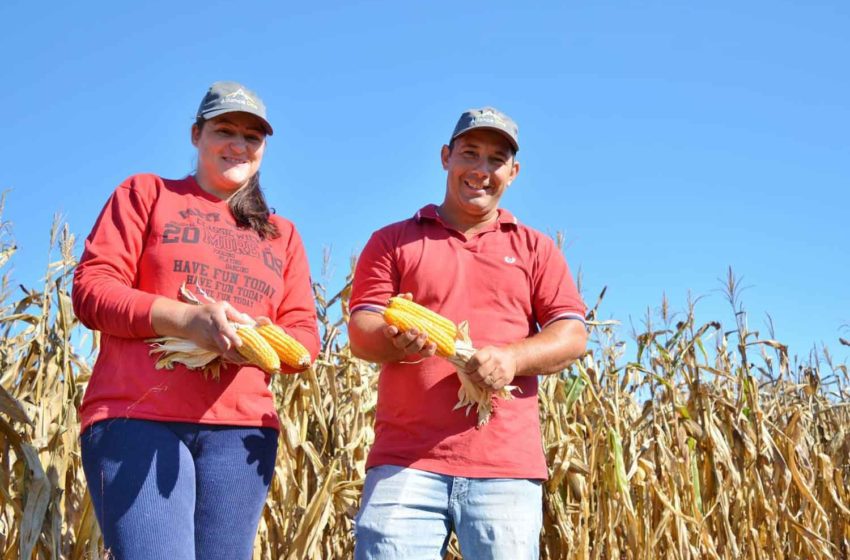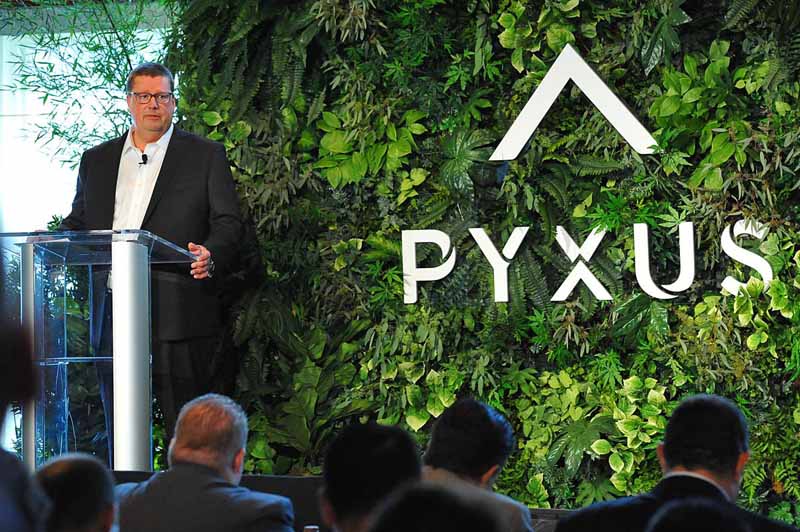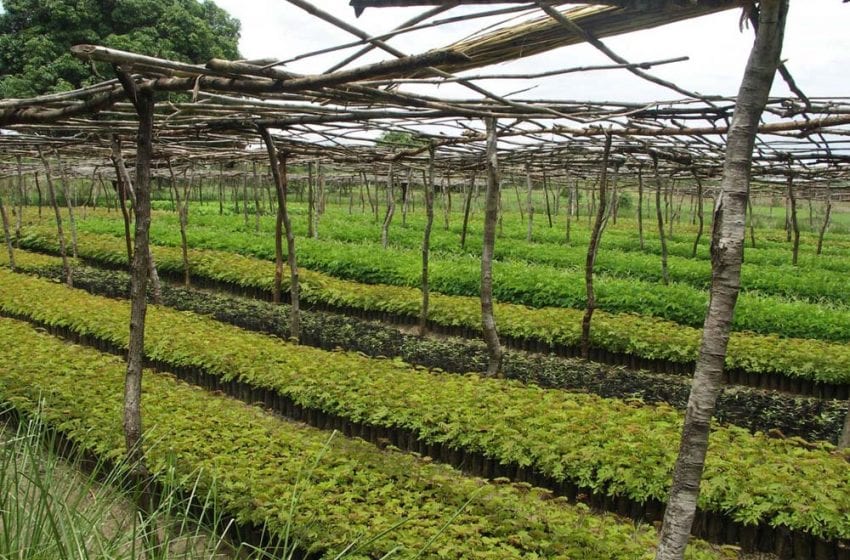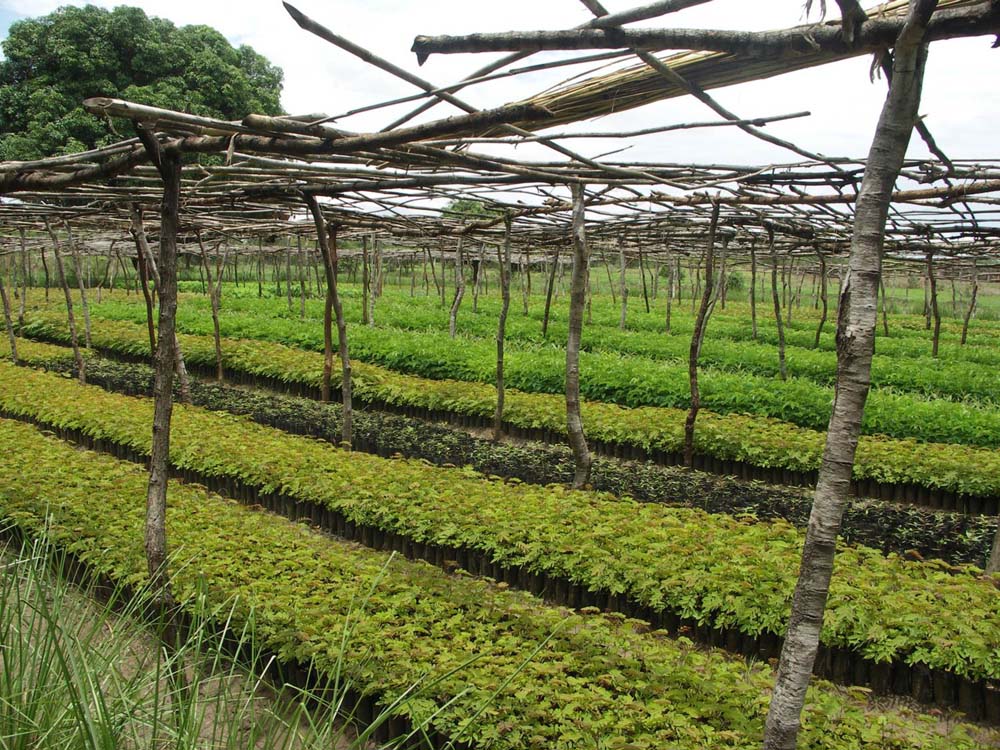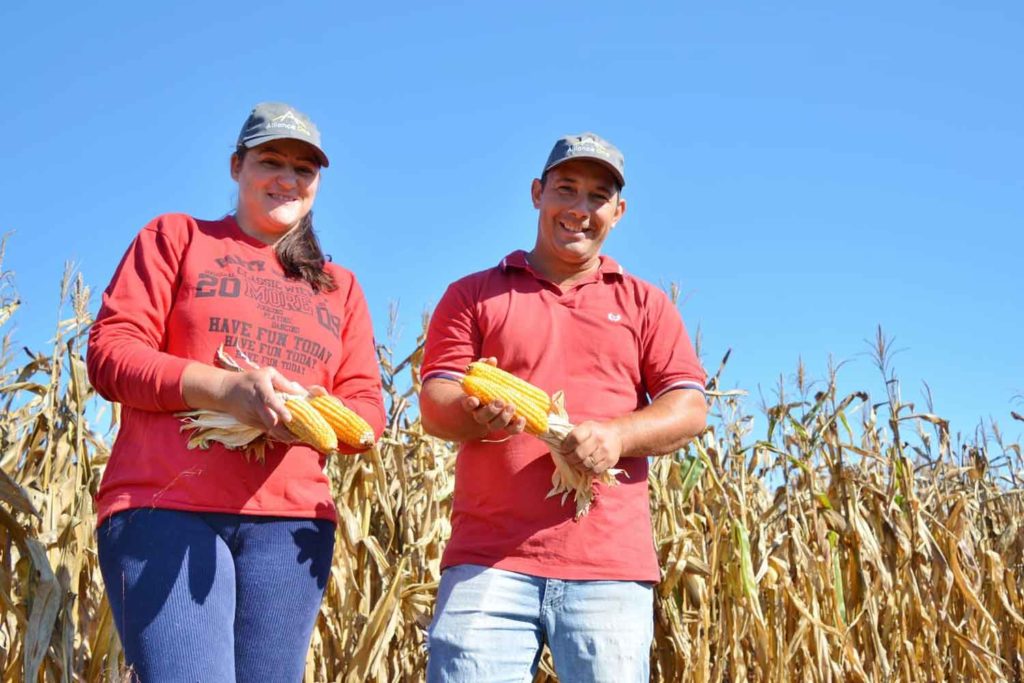
By partnering with Bayer Crop Science, Alliance One International improves farmer livelihoods.
By Stefanie Rossel
Ending poverty is the first of the United Nations’ 17 sustainable development goals, which are supposed to be achieved by 2030. According to the U.N. Food and Agriculture Organization (FAO), the battle to end hunger and poverty must be principally fought in rural areas, which is where almost 80 percent of the world’s hungry and poor live. Success requires investment in “agents of change,” according to the FAO—smallholders, family farmers and other vulnerable groups. To feed more people with less water, farmland and biodiversity, better management and improved techniques in agriculture will be needed.
Agriculture is central to all activities in smallholder communities. In economic terms, most activities in these communities revolve around being able to develop a system that provides food security and improves the health of its members. The work of smallholders is an economic driver, creating prosperity for the community.
Keen to enhance farmers’ incomes, Alliance One International recently embarked on a new project. In June 2021, the company announced that its Alliance One Brazil (AOB) subsidiary was partnering with Bayer Crop Science to provide quality maize seeds and agronomic support to smallholder tobacco farmers in Brazil. AOB’s goal is to help its contracted farmers diversify their income by strengthening the quality and yield of a crop that is cultivated complementary to tobacco in the country.
“For AOI, improving farmer livelihoods is a top priority, and we are committed to maximizing all farmers’ income potential by 2030 through appropriate training in good agricultural practices and the opportunity for crop diversification,” explains AOI President Alex Strohschoen. “Through this partnership, we are making strides to achieve this goal and have already seen positive impacts for growers and their communities.”
During the 2020 growing season, AOB implemented a pilot project in which 2,300 of its contracted Brazilian smallholder tobacco farmers received a high-quality agronomic package for maize. “While many of our contracted growers in Brazil already grow maize in addition to tobacco, they lacked access to high-quality crop inputs such as seed, fertilizer and agronomic support,” says Strohschoen. “This prevented them from scaling up their production and limited their financial return. This agronomic package provides our contracted growers with access to Bayer’s maize seed varieties as well as fertilizer and hands-on guidance from our agronomists and field technicians, helping improve crop quality and yield, in turn, increasing the farmer’s bottom line.”
Globally, AOI employs approximately 1,000 trained agronomists and field technicians that conduct more than 1 million farm visits annually. “These individuals regularly share their expertise to support our contracted growers and are key to this partnership,” says Strohschoen.
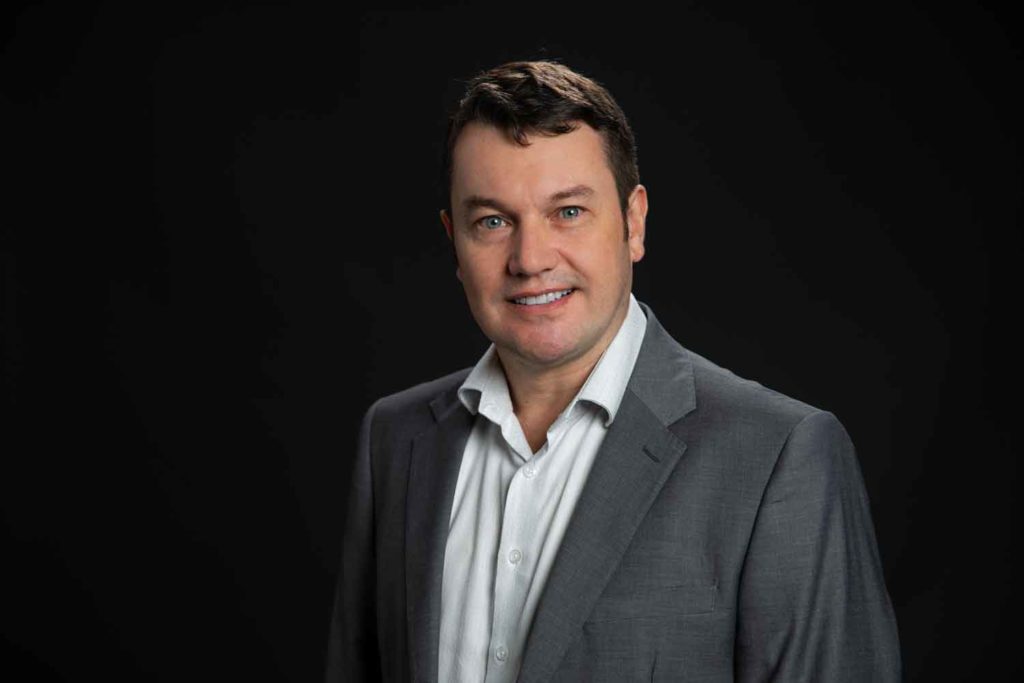
Research Required
Bayer Crop Science offers a range of maize varieties with enhanced features. For instance, a maize variety can be more water efficient, high yielding or resistant to typical maize pests than other varieties.
In the case of AOI’s contracted Brazilian growers, use of Bayer maize varieties, grown using high-quality fertilizer and agronomic support from AOI, made a difference. “Prior to this project’s implementation, our Brazilian tobacco farmers that also cultivate maize produced on average less than 5,500 kg/ha,” says Strohschoen. “The agronomic package that we provide gives growers access to some of the most advanced technology available on the market, potentially increasing yields to over 10,000 kg/ha.”
As part two of the initiative, AOB offered the opportunity to participate in the program across its grower base during the 2021 growing season. Following the season’s completion, Strohschoen said, participating farmers saw a 15 percent increase in maize yield compared to the 2020 growing season, increasing a farmer’s income by $270 per hectare on average. “This additional income supplements the livelihood of our contracted growers and is an important piece of addressing other concerns, such as child labor, deforestation, etc.”
Similar to Africa, where climate change appears to be a big challenge for farmers, extreme weather patterns are impacting crop production in Brazil. Less and less predictable weather patterns make it difficult for growers to determine the right time to plant whereas the worsening precipitation deficit as well as increased frequency and severity of droughts are becoming more prevalent and more concerning. “Food insecurity is a global issue driven by various factors, including increased demand, war and conflict, climate change, and economic slowdowns and downturns exacerbated by Covid-19,” says Strohschoen.
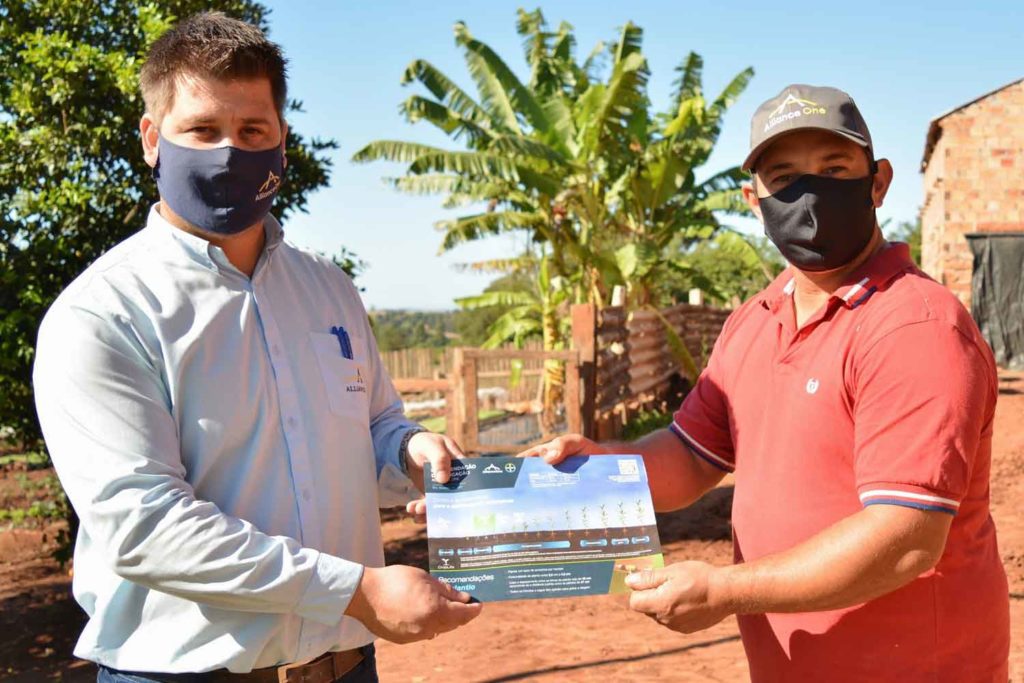
Expansion Envisaged
Over the next three years, AOB intends to expand the project to include other crops—and other countries. AOI works with nearly 300,000 farmers in 20 countries across five continents, and it is the company’s aim to provide all of its contracted growers with the opportunity to diversify their income and increase their bottom line, says Strohschoen. “To do this, we must evaluate a number of factors to ensure we are implementing projects in the appropriate regions with crops that offer our contracted growers the greatest potential return. For example, we began this project in Brazil because approximately 75 percent of our contracted Brazilian farmers produce maize in addition to tobacco. Since these farmers were already growing maize, many had the infrastructure necessary to produce the crop prior to implementing the project.”
Following the success of the project’s first two phases in Brazil, it makes sense to expand it to a country with a similar climate and where growers have a seminal relationship with maize. “As we enter the 2022 growing season, we plan to introduce the program to our contracted farmers in Argentina, where a significant portion of our grower base could benefit from improving the quality and yield of their maize crops,” says Strohschoen.
In addition to the maize project in Brazil, AOI is also working on other projects around the globe. “For example, in Malawi, we have commercialized new groundnut and soya seed varieties,” says Strohschoen. “We provide interested tobacco growers with inputs, including agronomic expertise, helping them diversify their crop portfolios and produce high-quality crops for domestic, regional and international markets.”
With tobacco accounting for 54 percent of merchandise exports in 2019 and about 15 percent of GDP, the landlocked Southeastern African country is one of the world’s most economically tobacco-dependent nations. Not only in Malawi does food security remain an issue; it’s also a global problem that is being exacerbated by various factors, including increased demand, war and conflict, and economic slowdowns and downturns aggravated by Covid-19. Currently, Russia’s war against Ukraine is severely jeopardizing food security around the world.
“AOI is committed to doing whatever we can to transform people’s lives so that together we can grow a better world,” Strohschoen says. “This starts within our immediate network. To do our part to address global crises, we must first look at what improvements can be made within our supply chain. This begins with providing our contracted farmers with the tools they need to diversify their income and create additional food sources in their communities.”


